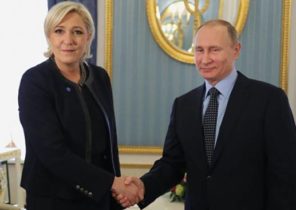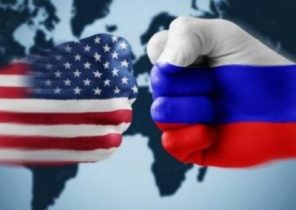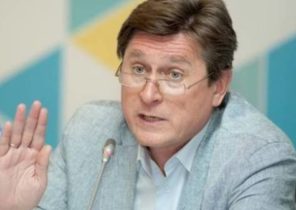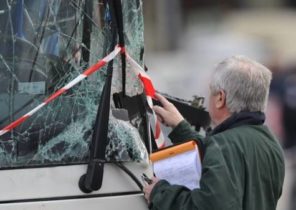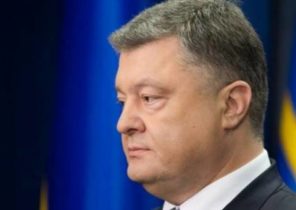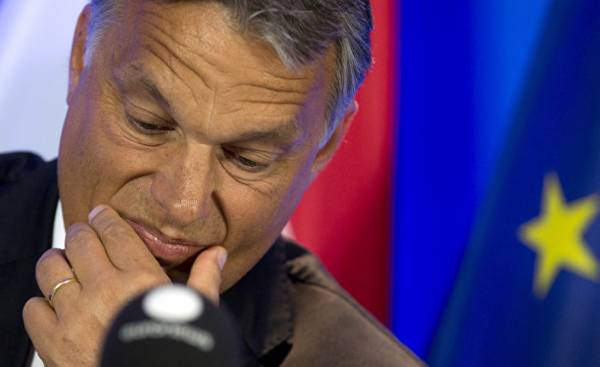
Viktor Orban (Viktor Orban) — the man who builds a fence, but breaks the boundaries. It destroys the boundaries of what can do a European leader. He called migration “a Trojan horse of terrorism,” which “is destroying the historic identity”. In his opinion, Europe is waging an undeclared war to preserve European identity. And he’s not alone in his opinion. At his side stands the leader of Poland Jaroslaw Kaczynski (jarosław Kaczynski), who formulated the slogan of political reaction, typical of most former Communist EU countries. He States that his goal is a “cultural counterrevolution”.
On the one hand, it speaks of European reaction. It also includes marine Le Pen (Marine Le Pen) in France, Geert Wilders (Geert Wilders) in the Netherlands and Pexit in the UK. This is a reaction to the European Union, which for many has become too big, and migration, which have many causes xenophobia. But while in Western Europe this reaction is, in General, even growing, but the opposition, in the old Eastern Europe it has long existed at the state level.
Even in Slovakia the social democratic Prime Minister Robert Fico after the terrorist attacks in Paris last year promised to monitor all Muslims in the country — however, they were not so much. But Kaczynski before the elections of 2015, said the migrants “have already brought to Europe such diseases as cholera and dysentery, and various parasites and single-celled organisms”. An important part of the political baggage of the reaction is homophobia. While the protests against the gay parade in old Western Europe produced only marginal groups, the gay parade in Warsaw cause General public outrage.
Why is this so? Let’s start with one painting. These days “everything” has visited Prague, Budapest and Warsaw, where we saw a beautiful renovated city centres, narrow streets. While the centre of Warsaw during the Second world war was completely bombed out and then stone by stone, restored in the form in which it was informed, Budapest was partially preserved, and Prague in General was almost not damaged. So these cities after the war, was not disfigured by the demolition of city buildings, than we can enjoy in our days.
We can enjoy these cities because these countries in the post-Communist period were, to some hibernation. In the same way as the city cooled down and the country. And they couldn’t thaw out until then, until the Berlin wall fell, and national identity, which was suppressed under communism, did not start to revive.
In Poland the Catholic Church is, first and foremost, the Institute, forming the nation. In Hungary the difficulty to remain Hungarian in the restoration of national identity was that the Hungarians from all sides surrounded by Slovaks, Germans and Romanians. Slovakia separated from the Czech Republic, and Yugoslavia turned into six States, considering Kosovo. National identity began to recover at the same time with the accession to the EU, which was a great Alliance, towering up over the nationality. Although all countries in the East got a lot, thanks to generous EU subsidies, all the while important was a national project that allowed the populists to hold their dirty game is not so, how could they do in old Western Europe.
In hindsight it is not difficult to understand that the result should be a structural problem. Because the euphoria of freedom in the first period after the fall of the wall gradually disappeared. But she left country with a very different post-war history than countries in the “old” EU.
It was a country with underdeveloped economy. Country without ideology, fully pobyvavshiy with the fact that for many of them it was the Nazi history in the period between the wars and during the war. It was the story of a Communist dictatorship, to suppress national characteristics. It was a story in which there was a secret police, making the policy meaningless, and the culture of the underground phenomenon. It was a story where corruption was the norm, and the policy served the corrupt elite.
Life post-war societies in these countries were within the sphere of influence of the Soviet Union and in a certain way were frozen — as well as the appearance of the capitals of these countries. And suddenly, along with the expectations that were given membership in the EU, there were changes. And approximately in the same days there was also a reaction, that is, “cultural counterrevolution”, in the words of the chief ideologue of the reaction Jaroslaw Kaczynski.
